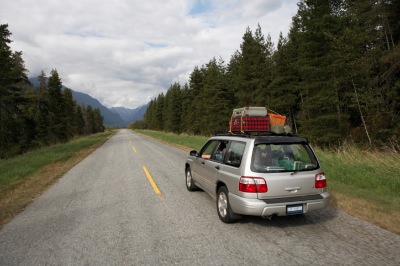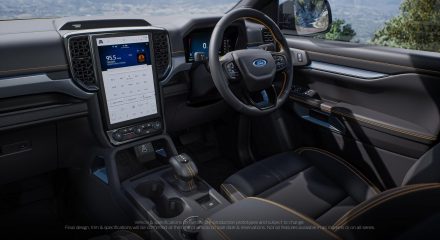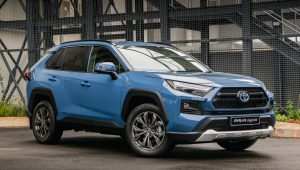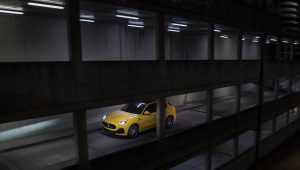Get road-trip ready

 Ensure your car is road-ready
Ensure your car is road-ready
A roadworthiness check should include headlights, indicators, tail lights, wiper blades, brakes, steering, tyres (including the spare), exhaust and possible fuel leaks. Also, because hot weather can shorten car-battery life, a weak or old battery should be tested and possibly replaced. Before you leave, check oil, water and tyre pressure – when your tyres are cold (under-inflated tyres increase your risk of an accident).
Pack light (and right)
Less baggage means better fuel economy – every additional 45kg reduces fuel economy by around 2% – but don’t skimp on essentials like bottled water, blankets, fire extinguisher, torch, maps, suntan lotion (even even for winter drives), wet wipes and first-aid extras (paracetemol, an anti-diarrhoeal, electrolyte sachets, bandages, plasters, antiseptic wipes, tweezers and safety pins).
Be mechanically prepared
Check your jack and wheel spanner and pack a spare fan belt and radiator hoses – these parts might be unavailable in remote areas. And take a spare set of car keys – on you, not in the car.
Leave your home in order
Cancel newspaper deliveries, inform your security service or a neighbour that you’ll be away and ensure all insurance policies are up-to-date.
Drink (water) and drive
En route, make sure everyone drinks twice as much water as they would at home. And remember regular, small snacks are better than large meals.
Follow that car
The two-second following rule is a safety must. Watch for the car in front of you to pass a fixed object, like a telephone pole, and count two seconds. If your vehicle passes the same object before you finish counting, you’re too close for comfort. In wet weather and at faster speeds, allow at least four to eight seconds.
Watch your wakefulness
Stop every 200km for at least fave minutes to stretch your legs. And beware of symptoms of fatigue like yawning, heavy eyelids, spasmodic jerks of the body or the vehicle wandering off the road. If you feel drowsy, get off the road and take a catnap – caffeine, cold air and loud music are poor substitutes for rest. If there’s nowhere safe to stop, talk to your fellow road-trippers.
Be wary of water
Slow down when the road is wet, and don’t drive through flooded areas unless the water is below the bottom of the wheel rims. After periods of driving in heavy rain without applying the brakes (or if you drive through standing water) apply the brakes lightly to any them.
Keep kids in check
Strap small kids into SABS-approved car restraints and adjust the straps so that there’s space for no more than two fingers between strap and child.







